Protesters have a renewed 'fire' after a jury ruled Wauwatosa police didn't violate their privacy with a 2020 'target list'
Protesters, mostly made up of those on the Wauwatosa Police Department's "target list," gathered in Hart Park and marched through Wauwatosa on May 7 to speak out against a jury's verdict reached last week that decided protesters' privacy rights weren't violated by the WPD during protests in the city in 2020.
"If this (verdict) didn't reignite a fire in you, I don't know what will," said Mariah Smith, an organizer with The Peoples Revolution. An attorney representing the group said she will appeal the ruling.
Last week, the federal case in which 57 plaintiffs claimed that their rights under the Driver's Privacy Protection Act were violated, went to trial. Amid the protests, WPD's crime analyst Dominick Ratkowski publicly shared the plaintiffs' personal information in a self-described "target list," and Lt. Joseph Roy emailed out hours of protest footage and unredacted documents linked to the marches via a Dropbox link.
To establish a DPPA violation, it must be proven that the defendants obtained, disclosed or used personal information from a motor vehicle record for a purpose that isn't permitted. During the trial, the defendants testified that both were created with data that is accessible to the WPD, and that sharing it is common practice among law enforcement.
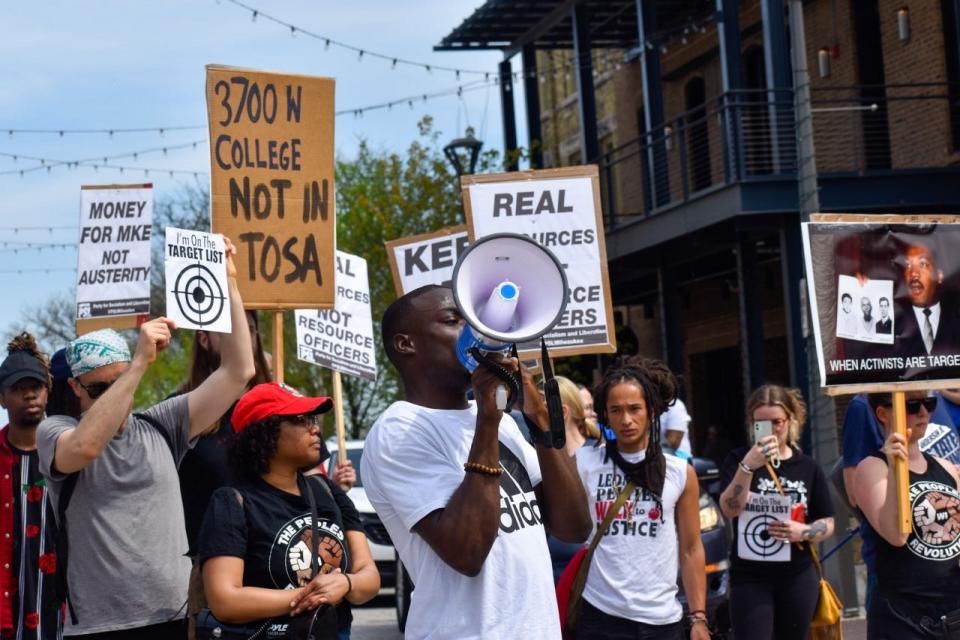
After the week-long trial, the jury on May 5 found that DPPA rights were not violated.
The lawsuit was part of a legal battle that ensued after Wauwatosa's frequent 2020 protests sparked by police killings, including former Wauwatosa Police Officer Joseph Mensah's fatal shooting of 17-year-old Alvin Cole.
Protesters say their privacy rights were violated by 'target list'
Ratkowski created the list, which included names, addresses, vehicle information and photos of officials, activists, a Wisconsin Examiner journalist, and more. He testified that someone could be added to the list for attending a protest, a right which is protected under the First Amendment.
The list was sent to other law enforcement agencies, including the Federal Bureau of Investigation. When Ratkowski emailed the list to a Milwaukee County detective, he wrote, "feel free to pass it along." Emails presented during the trial showed that Ratkowski also offered the list to other departments that had not requested it which, he said, is common practice.
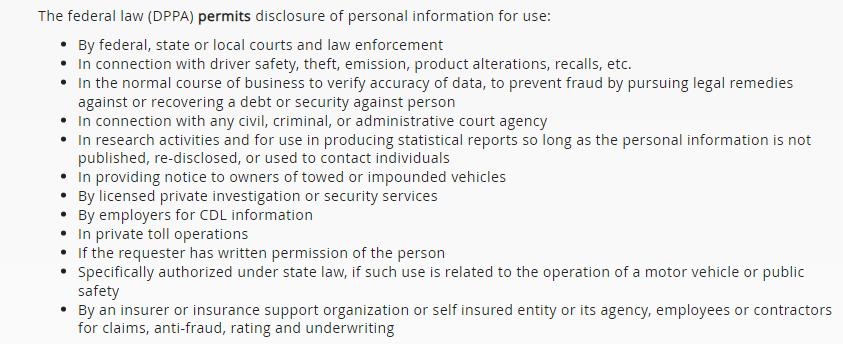
Ratkowski testified that he made the list because he wanted to keep track of those involved in and potential witnesses to the unrest during 2020's protests, like the protests inside Mayfair Mall that closed stores and the Cheesecake Factory.
When the list reached the public in 2021, police told the Journal Sentinel it was used as an investigative tool to identify "potential witnesses, victims and suspects who were involved or associated with protesting during 2020."
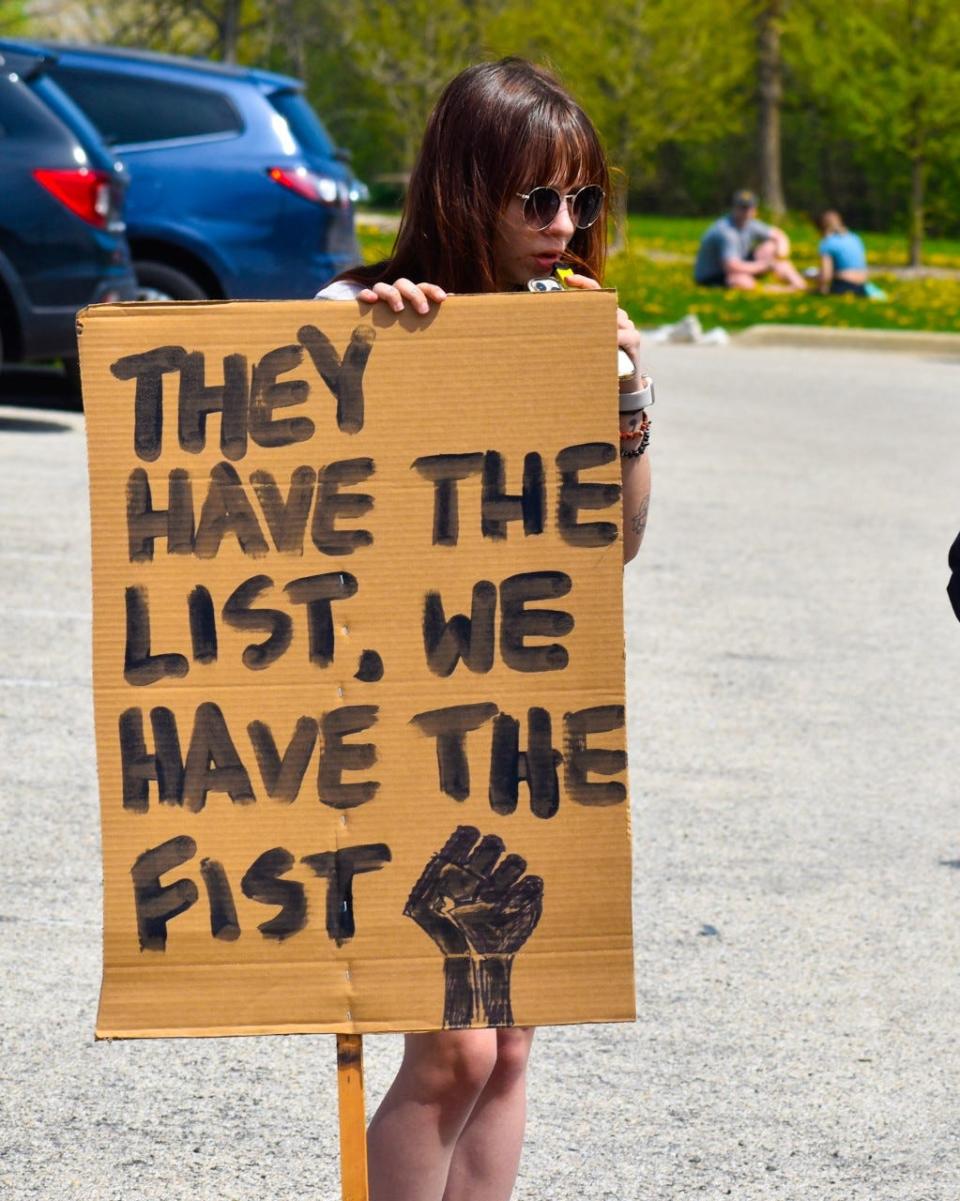
Plaintiffs say the information shared made them feel unsafe
During last week's trial, plaintiffs said the public release of information made them feel uneasy and unsafe.
The plaintiffs' attorney, Kimberley Motley, asked Alvin Cole's mother, Tracy Cole, how she felt about both her and her daughters' information being included on the list.
"I feel very scared because I already lost one (child) to police brutality, and I'm scared of losing the others," said Cole. "I felt scared. I'm very afraid."
Plaintiffs also claimed their rights were violated when WPD's Lt. Roy shared a Dropbox link that contained over 500 pages of unredacted documents, including police reports and citations, as well as hours of police footage, including names of informants who were promised anonymity.
Unprompted, Roy shared the link with members of the media, the American Civil Liberties Union, attorneys and more. He testified that he did not know where the information he shared came from, and that such information is regularly shared with outside organizations as open records requests are promptly answered by the WPD.
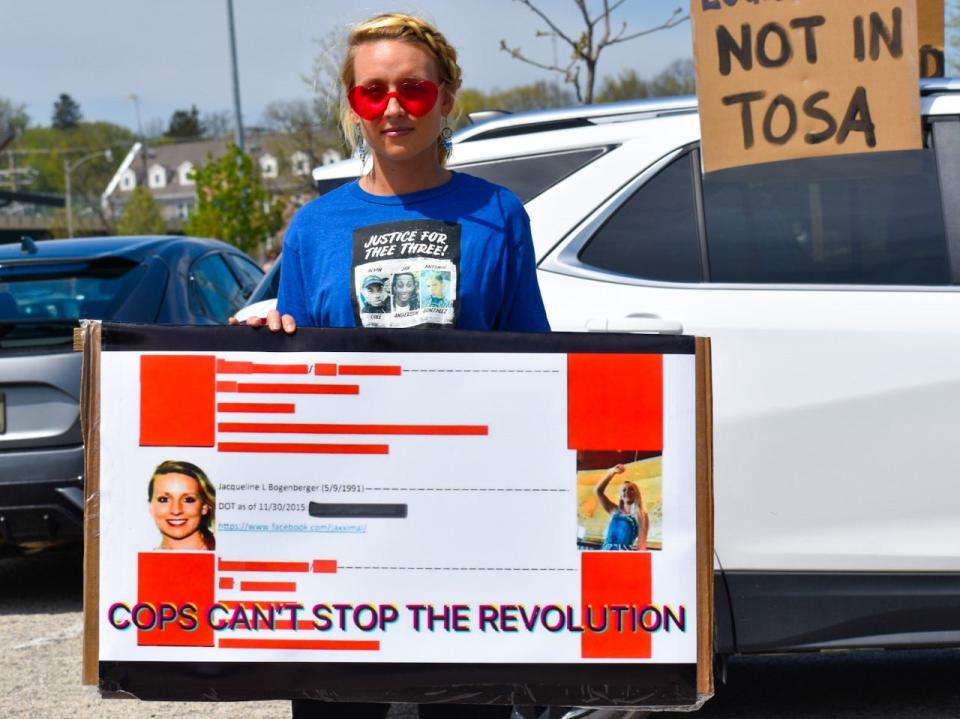
An attorney representing the protesters plans to appeal the ruling
Among the protesters was Motley, who said she intends to file an appeal in the case. There's too much evidence to ignore that privacy was violated, she said.
For example, while private information taken from the Department of Transportation was on the list, Roy testified last week that this was information that the police department already had. The DOT information was only used to verify it, he said.
However, some protesters have said they are not Wauwatosa residents, which, they argue, means WPD would not have had their personal information; thus, police could not verify it with a cross-reference to a DOT database.
Motley did not specify a timeline for the appeal.
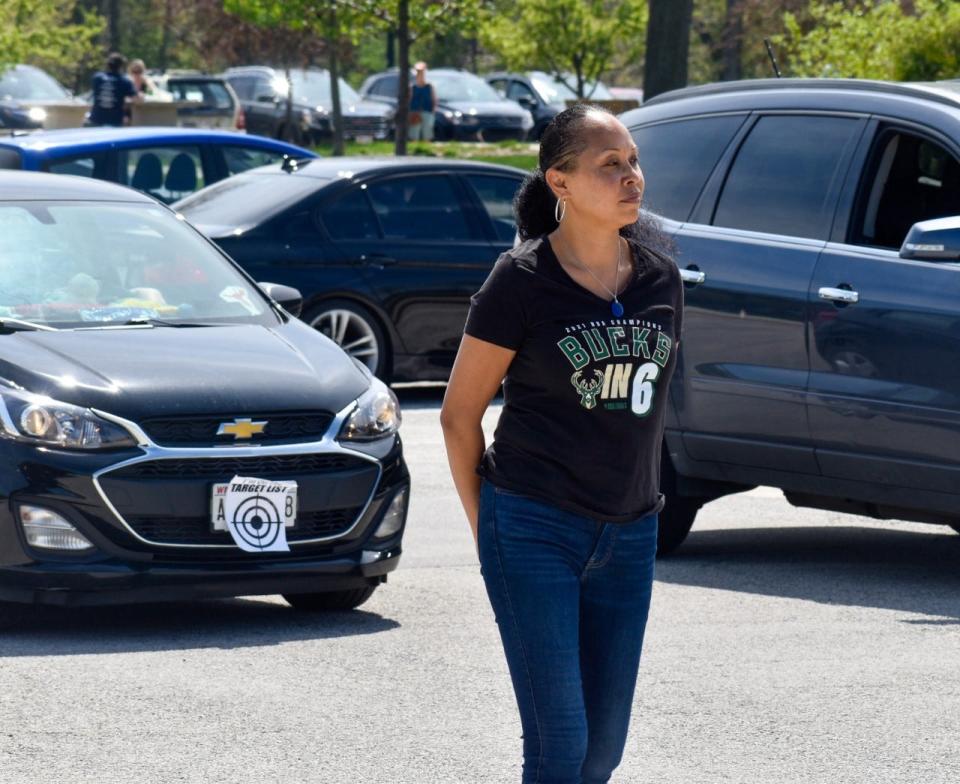
Quinn Clark can be emailed at QClark@gannett.com. Follow her on Twitter @Quinn_A_Clark.
More: After a tumultuous year, Wauwatosa's new police chief is still working to restore community trust
More: Mayor is quiet as MPS leaders decry state plan to force 25 police into Milwaukee schools
Our subscribers make this reporting possible. Please consider supporting local journalism by subscribing to the Journal Sentinel at jsonline.com/deal.
DOWNLOAD THE APP: Get the latest news, sports and more
This article originally appeared on Milwaukee Journal Sentinel: Wauwatosa protesters' privacy rights lawsuit verdict to be appealed

